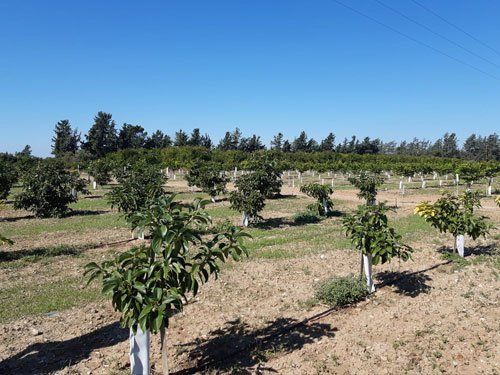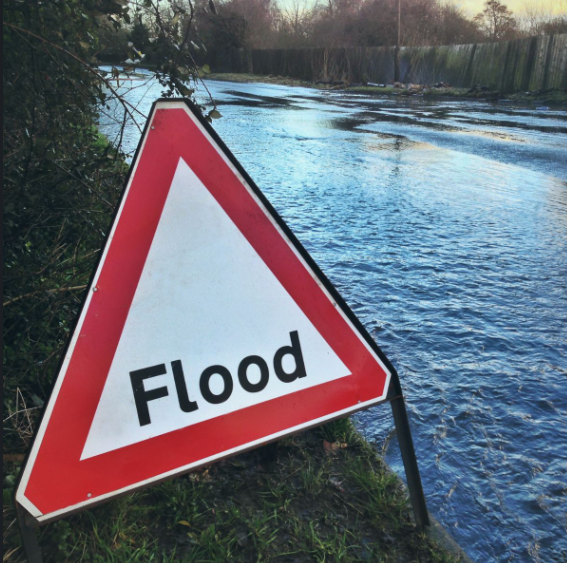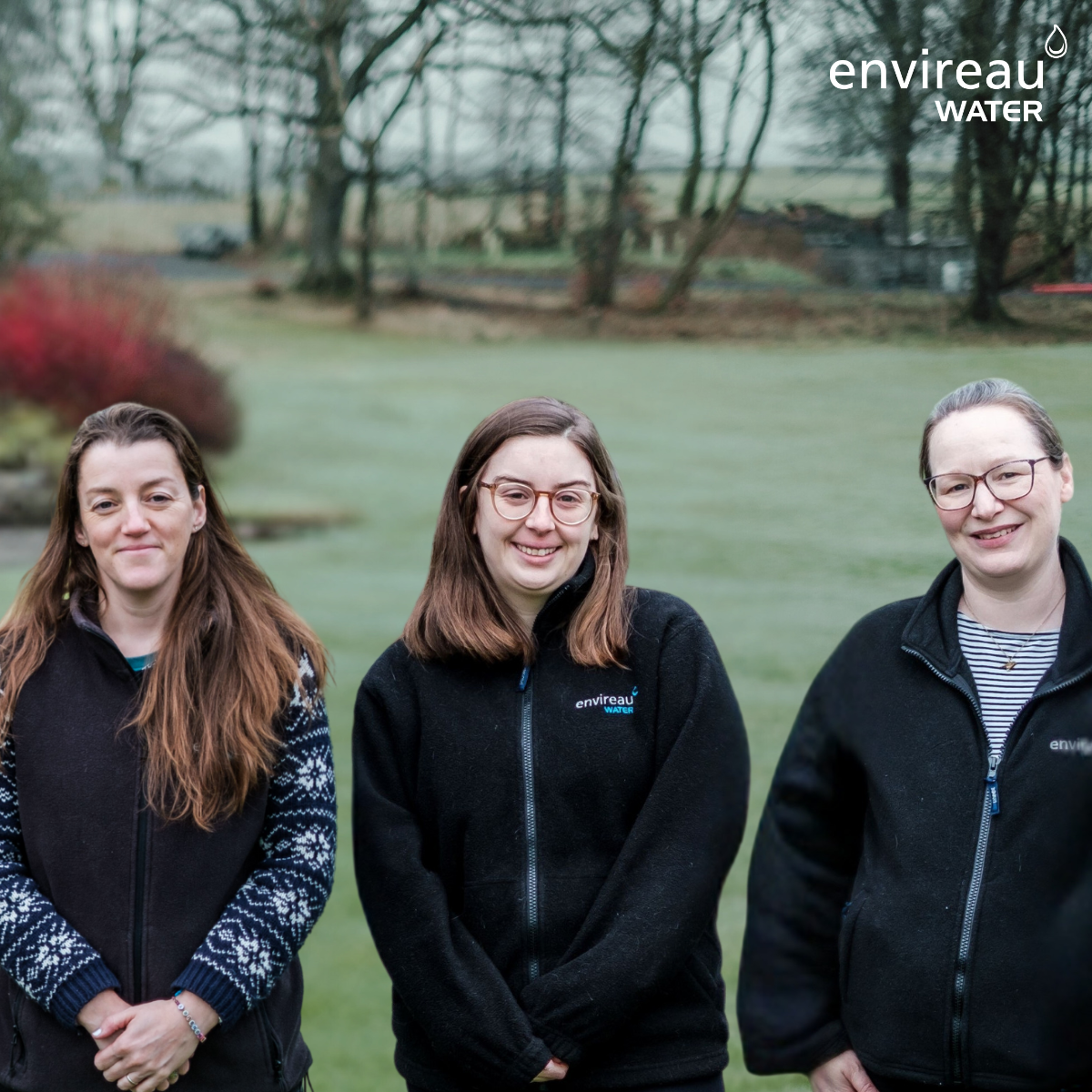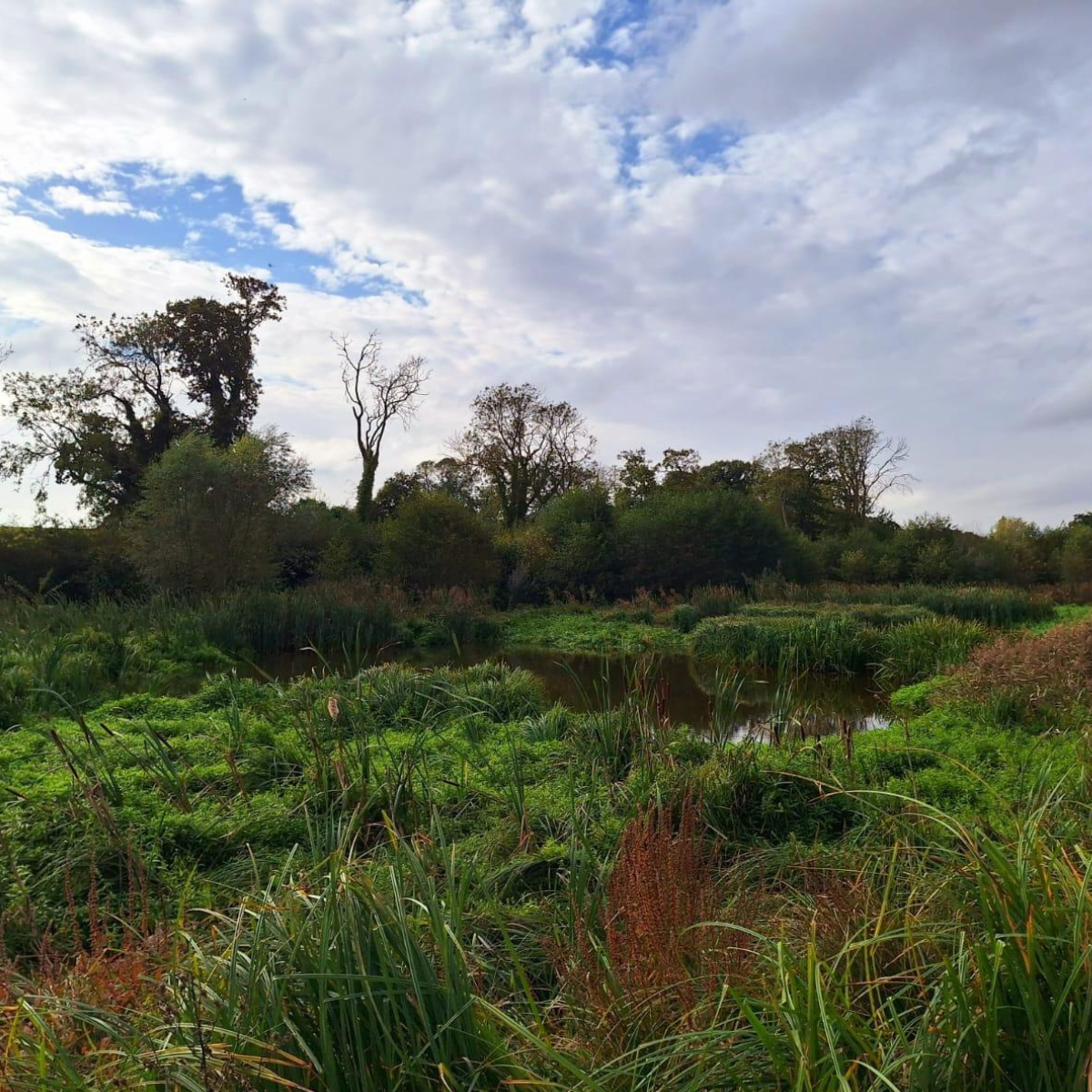Rebecca Explores Cyprus With The UK Irrigation Association
Last month our Hydrologist Rebecca Haw was honoured to receive a Jack Wright Memorial Trust scholarship for the UKIA visit to Cyprus to learn about the water scarcity that Cyprus faces as well as the solutions that are being put in place to meet critical agricultural demand.

Whilst in Cyprus there was also a lot of discussion around the sources of water, prior to 2008 most of the irrigation water used on the island was fresh potable water from reservoirs. Following a devastating water shortage in 2008 where over 8Mm3 of water had to be imported at a cost of €56M, people began to accept alternative water sources. Desalination plants were built along the coastline to provide domestic water supplies and wherever possible (tree crop) agriculture began to use grey water from wastewater treatment works for irrigation. These two alternative sources of water provided a reduction in demand on stored rainwater making the country more resilient to period with low rainfall.
Throughout Cyprus a large effort is made to reduce the amount of water lost to the sea. Over 90% of water that enters their wastewater treatment facilities is reused either for agriculture or as groundwater recharge (also known as Managed Aquifer Recharge). Managed Aquifer Recharge allows treated water to be put into aquifers, taking advantage of groundwater storage, which can then be abstracted when required. Water for recharge is captured along the river bed by bunds where it infiltrates into the subsurface. There would be merit in looking at the applicability of such a system in the UK.
The trip has been an excellent experience and I have learnt a lot about the pressures and mitigation applied within a water scarce country, which I feel I can bring back to the UK and include in my work. The delegates on the trip came from such a wide range of backgrounds, and brought a wealth of knowledge on each subject, giving me invaluable opportunity to understand each topic in the UK context.
I would like to thank the Jack Wright Memorial Trust for providing me with this opportunity and would strongly recommend others to apply for future travel scholarships to further their knowledge and careers.”
Here at Envireau Water we embrace such fantastic opportunities for our team to broaden their knowledge and continue developing. Congratulations to Rebecca for receiving this scholarship from all of us at Envireau Team!










